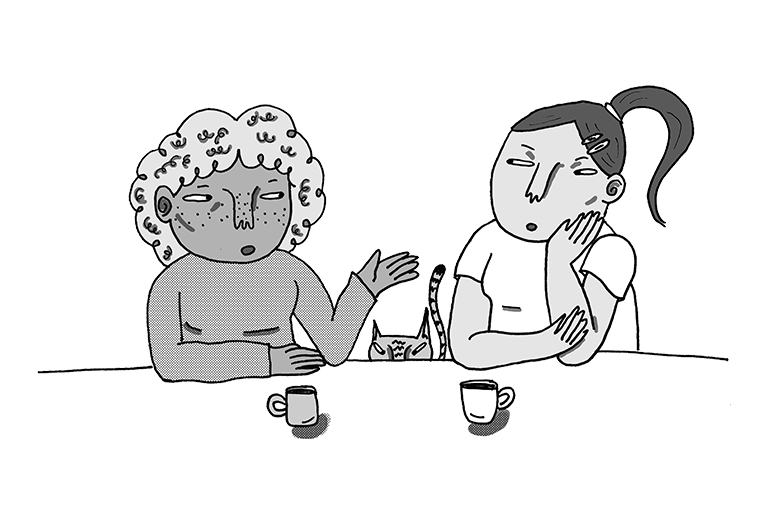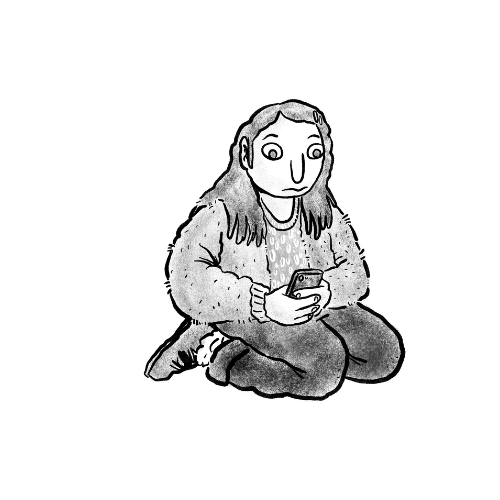Know your warning signs
Before anxiety or depression take over there are often early warning signs. If you find a moment to pause and listen to your body and your mind, you might notice you can sense when your mood is about to take a turn.
When we get to know our own warning signs we can catch ourselves before things get out of hand.
During the festive season, it’s especially important to keep track of how we feel and act early to avoid getting stuck in tough moments and make the most of the holidays.
Warning signs show up in different ways
There are many different ways that our warning signs show up—this could be changes in how we act, think, or feel. Sometimes certain situations can trigger a response, especially during the fesive season when there’s extra pressure on us, our friends and family.
Knowing some of the common warning signs can help prevent our mental health from spiralling.
Your warning signs might include:
Physical sensations
- restlessness of feeling jumpy
- feeling nervous or anxious
- racing heart
- short or rapid breathing
- can’t sit still
Thoughts
- repetitive or cycling thoughts
- obsessing over things in the past
- self-criticism and negative self-talk
- worrying about things that could go wrong
Behaviours
- poor sleep or feeling constantly tired
- forgetfulness
- avoiding social situations
- engaging in risky behaviours
- not eating enough or overeating
Feelings
- hopelessness
- irritability or anger
- guilt
- fear or panic

Right now, write down four of your early warning signs
What changes do you notice in your behaviour, thinking, or feelings before tough moments take a toll? Knowing your warning signs is important because it helps you take action before things feel overwhelming.
Once you’ve identified your signs, you can make a plan to address what’s happening and what comes next.
Download the ‘Plan ahead to manage holiday triggers’ guide to start writing your plan for getting through tough times this festive season.
Share your plan

If you feel comfortable, you can share your plan with a trusted person or log in to your MOST account to connect with a supportive community of young people and peer workers.
Don't have a MOST account?
If you’re aged 15-25 and live in Victoria, the Australian Capital Territory or Queensland, you can sign yourself up to MOST.
If you live in New South Wales, Western Australia or are aged 12-14 in Victoria, the Australian Capital Territory or Queensland, you’ll need a referral from a participating youth mental health service to join MOST.

